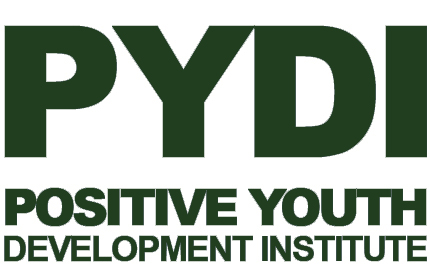Heidi Ham, Chief Operating Officer, National AfterSchool Association
Research shows that staff is critical to afterschool program quality, and staff diversity yields many important outcomes for children and youth. Youth-serving organizations must create inclusive environments for staff of all identities to thrive. Join this session to explore the resources and tools in the OST Leader’s Guide to Equitable Hiring and Staff Development.
Learning Objectives
Explain the capacity of resilience and ways to strengthen resiliency
Understand early brain development
Summarize the way positive and negative experiences impact brain development
Describe ACEs & PCEs
Alexis Steines, Afterschool Alliance
Do you ever feel that your words don’t have the impact you think they should have when you talk to others about afterschool? This interactive workshop will discuss what works and what doesn’t when communicating about afterschool, how to intentionally tailor your message for key audiences, and how to leverage this information and build support for your program.
Burnout is a very real problem that is often experienced by administrators and staff in the world of afterschool. Join this interactive session to learn what burnout looks like and take away some strategies to better help you and your colleagues stay mentally healthy.
Breakthrough research demonstrates that positive and negative experiences shape brain development in early childhood, which impacts our physical and mental health throughout life. This training explores the science of adverse childhood experiences (ACEs) and the impact of positive childhood experiences (PCEs). We will cover Neuroscience, which provides participants with a model for understanding the nervous system and stress responses. In addition, this training covers foundational information on supporting and promoting resilience to improve the health and well-being of all community members.
Learning Objectives
Explain the capacity of resilience and ways to strengthen resiliency
Understand early brain development
Summarize the way positive and negative experiences impact brain development
Describe ACEs & PCEs
A spark is the hidden flame inside every young person that taps
into their true passions, talents, skills, and dreams. In this session,
participants will be introduced to Search Institute’s research-based
approach to helping youth discover their sparks in order to be and
become their best selves. In this session, participants will:
● Learn the central role of igniting sparks in engaging and
motivating youth to learn, contribute, and grow
● Discover how to engage young people in identifying,
cultivating, and expressing their sparks
● Access to strategies for intentionally engaging young people
in conversations and actions that are rooted in their
passions and interests
Everyone can play a role in helping young people thrive.
Developmental Assets: The Power of One, The Power of Many
explores the positive paths adults can take to increase the number
of assets in the lives of young people. This breakout session will
introduce attendees to our Developmental Assets framework,
which identifies 40 positive supports and strengths that young
people need to succeed. In this session, participants will:
● Identify qualities of individuals who play powerful roles in the
lives of young people
● Discover opportunities in their everyday life to make a
positive difference for youth
● Make a personal commitment to actively build Assets in the
lives of young people
Heidi Ham, Chief Operating Officer, National AfterSchool Association
The recently released OST Job Quality Standards, Usage Guide, and Assessment offer actionable guidelines to enhance job quality, encourage workforce development, and address the OST field’s recruitment and retention challenges. Join this session to learn more about the Standards and hear how various audiences–from systems- to program-level personnel–can use these resources to prioritize job quality and create a more stable and effective OST workforce, ultimately improving program access, quality, and outcomes for young people.
In the 2023 Maine Integrated Youth Health Survey (MIYHS), 46% of middle and 50% of high school students did not feel they mattered in their community. The rate of youth anxiety, depression, and feelings of loneliness in Maine has reached crisis levels. Mattering and social connectedness are protective factors that reduce the likelihood of poor mental health and other risks such as suicide and substance use.
Participants will leave with a grounding in the science of mattering and social connectedness, learn about statewide data, and understand how cultivating mattering is a primary prevention strategy and reduces loneliness that may lead to suicidal feelings. Lastly, participants will be able to identify evidence strategies that build resilience and hear about statewide efforts to build connectedness.
Learning Objectives
Learn ways to engage and cultivate mattering in youth
Ground participants in the science of mattering
Understand state and local data on mattering and protective factors for youth
